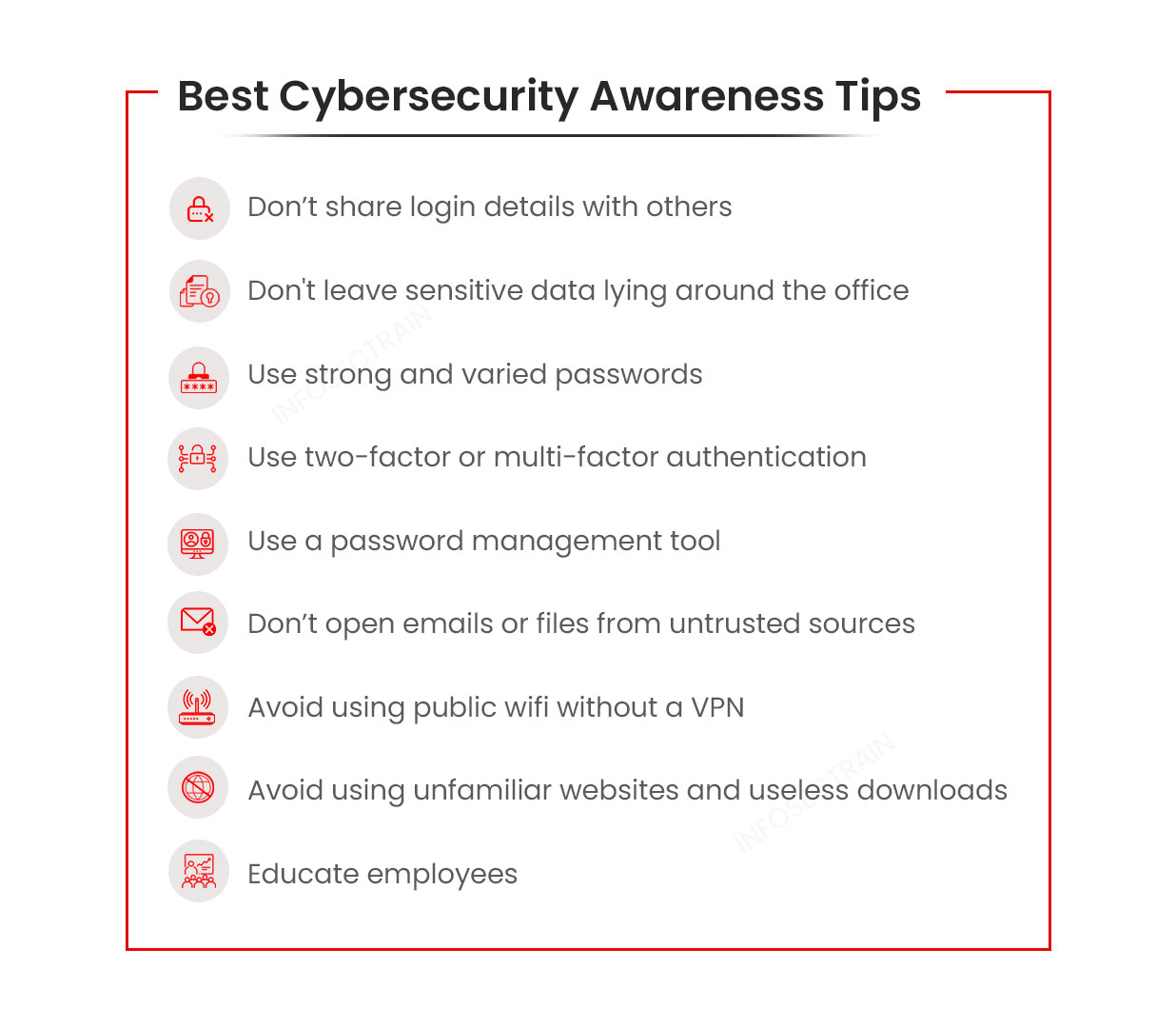In what way Managed IT Services Facilitate Holistic Cyber Defense

Within the current digital era, the importance of cybersecurity is crucial. Every company, regardless of its magnitude or industry, faces an growing array of cyber dangers that can jeopardize confidential information, disrupt operations, and damage images. As cybercriminals become more sophisticated, it is crucial for businesses to prioritize cybersecurity strategies to protect their assets and ensure business continuity. This is where outsourced IT solutions play a pivotal role, offering comprehensive solutions that improve overall cyber defense.
Managed IT services offer businesses with the expertise and resources necessary to fight the most prevalent cybersecurity dangers, such as phishing attacks and ransomware threats. By working with a trustworthy IT managed IT services provider, businesses can benefit from proactive oversight, advanced security procedures, and tailored guidance tailored to their unique needs. Not only do these solutions help in securing data and maintaining compliance with rules, but they also permit businesses to concentrate on their primary activities while delegating the difficulties of cyber defense to specialists. This alliance establishes a strong fortification against cyber threats, allowing organizations to prosper in an increasingly connected world.
Grasping Cybersecurity Risks

Cybersecurity risks are constantly to evolve, presenting serious threats to organizations of different sizes. Such threats can vary from malware attacks to phishing scams, which taking advantage of different weaknesses within an organization's defenses. As tech progresses, cybercriminals are increasingly clever, making it necessary for businesses to remain watchful. Comprehending the landscape of these threats is crucial for implementing effective defenses.
One of the usual cybersecurity risks is ransomware, a harmful program that encrypts a victim's files, asking for payment for restoration. http://nutris.net/members/thumbhelp9/activity/2595828/ can protect themselves from these types of attacks by having regular data copies and enforcing tough access controls. Additionally, having applications current and informing employees about best cybersecurity practices are important measures in minimizing the chance of ransomware threats.
Another common risk is phishing schemes, where attackers trick people into disclosing confidential data through fake emails or messages. Identifying the indicators of a phishing scam, such as incorrectly spelled domains or bad grammar, can assist employees steer clear of falling victim to these attacks. Implementing two-factor authentication additionally protects confidential information, as it offers an additional layer of security to log into profiles. Understanding these threats allows businesses to adopt proactive measures in protecting their important.
Information Technology Administered Solutions Introduction
IT managed services refer to the process of delegating your information technology management and support to a third-party provider, allowing businesses to concentrate on their core operations while ensuring that their technology infrastructure runs efficiently and safely. These solutions typically include a variety of services, such as network administration, security services, data backup and recovery, and cloud services, customized to meet the unique needs of each organization. By leveraging the expertise of experts in the field, organizations can access cutting-edge tech and skilled personnel that may otherwise be too expensive.
The benefits of IT managed services are significant, particularly for businesses that require robust security measures. With the increasing prevalence of online dangers, partnering with a managed services provider means having access to proactive monitoring and immediate threat identification. This not only helps in preventing online attacks but also allows for rapid responses in the event of a security breach. Additionally, managed services providers often offer complete compliance support, helping organizations navigate complex regulations such as the Health Insurance Portability and Accountability Act or the General Data Protection Regulation, which can be daunting for internal teams to manage alone.
In conclusion, IT managed services enable businesses to optimize their IT budget and assets, transforming static expenses into consistent monthly expenses. This cost-effectiveness, combined with the improved focus on security and compliance, positions managed services as a strategic path forward for companies looking to thrive in an increasingly digital and dangerous landscape. As tech continues to develop, so do these managed services, ensuring that organizations stay on top of emerging security developments and retain a market advantage.
Developing Strong Cyber Defense Strategies
Implementing effective cyber defense strategies is crucial for all business aiming to shield its private information and uphold operational integrity. A comprehensive approach entails ongoing cybersecurity training for employees, making sure they are aware of the primary threats such as social engineering attempts and social engineering attacks. Conducting training programs designed to educate staff on how to identify and eschew these threats can substantially reduce the risk of succumbing to attacks. Additionally, fostering a culture of security awareness helps build an environment where every employee understands their role in safeguarding the organization.
Utilizing cutting-edge technologies is a further key element in a successful cybersecurity strategy. This entails the deployment of multi-factor authentication, encryption methods, and device protection solutions that help secure gadgets used by employees, particularly in off-site work settings. By adopting these technologies, businesses not only enhance their security posture but also ensure compliance with laws such as HIPAA and GDPR. It is imperative to ensure these systems updated and to conduct frequent risk assessments to spot vulnerabilities and areas for improvement.
In conclusion, businesses must establish a comprehensive incident response plan to tackle potential cyberattacks efficiently. This plan should outline the steps to take in the event of a data breach, including roles and responsibilities, communication strategies, and recovery processes. Conducting periodic drills to test this plan ensures that the team is prepared to respond quickly and effectively, lessening the impact of an attack. Furthermore, working with an IT managed services provider can enhance these strategies by providing expert guidance, ongoing monitoring, and support to respond to the evolving landscape of cyber threats.
